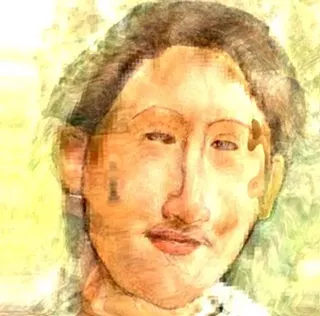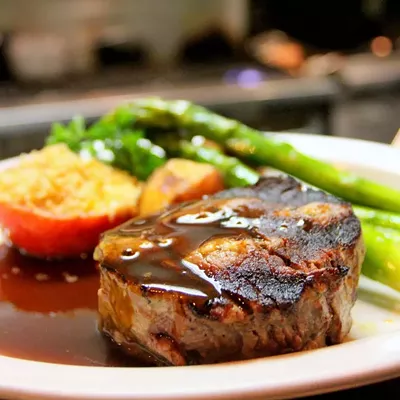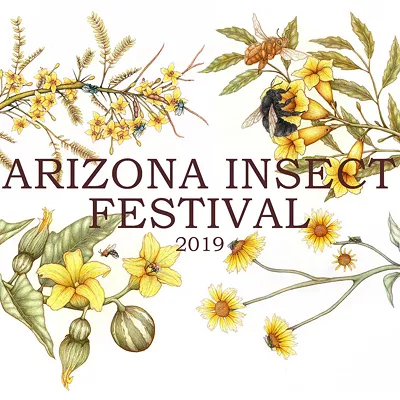John Henry Redwood's bittersweet comedy The Old Settler, now on stage at the Invisible Theatre, isn't about a grizzled frontiersman. In the slang of post-Renaissance Harlem, an old settler is a single woman pushing 40 with no prospects of marriage. Bess is regarded as an old old settler, having passed 50 without a man in her life.
But here comes Husband, a sweet, respectful, naïve but not stupid young man from South Carolina who has followed to New York, with some delay, his girlfriend, Lou Bessie. Husband is renting a room from Bess just long enough to find Lou Bessie--he actually hasn't heard from her in months--and take her back to settle down in their home town.
Of course Lou Bessie, thriving in Harlem, has ideas of her own, and Husband and Bess find themselves drawn to each other--over the self-interested objections of both Quilly and Lou Bessie.
The Old Settler is entirely character-driven; it's not hard to figure out where these people have been and where they're going, so plot becomes incidental to portraiture. And this Invisible Theatre production, directed by Elizabeth Van Dyke, paints each character meticulously--even Lou Bessie, the one cartoonish figure in the script.
If we're talking about old settlers who go out and colonize the frontier, they have to be strong and independent, yet able to join in a community at critical moments. That's precisely the sort of Bess we're given by To-Reé-Neé Wolf Keiser: a woman of sense and fortitude, though not without her vulnerabilities. She plays very well off Barbea Williams' Quilly, a beguilingly manipulative paranoid hypochondriac who, unlike her sister, is desperate not to be left alone in the world, although she'd never admit to such weakness. On opening night, Williams seemed to stumble over many of her lines, but since Quilly's the sort who might get flustered in the course of her sustained pique, this may have been part of the characterization.
Walter Belcher is a particular treat as Husband, endearing in his honesty and ingenuousness, smart enough to know he's been manipulated--just after the fact. Tracy Loving has fun with Lou Bessie, a cruel vamp that Loving manages to keep just this side of caricature.
Redwood's dialog evokes 1940s Harlem even more perfectly than the nicely attuned costumes of Maryann Trombino, set of James Blair and sound design of Gail Fitzhugh. It abounds with evocative period slang--"swamp seed" for rice, "pimp steak" for hotdogs. And it swings on the natural speech rhythms of Southerners transplanted to Harlem, particularly Quilly's little rants, which the word "shoot" dots like a period.
This is not a play about racism, although its stench can't be kept from drifting in under the door sometimes. Even then, the subject is not the Downtrodden Negro, but how people can face difficult circumstances with dignity and solidarity. That's a lesson Bess and Quilly have been trying to learn as sisters for 50 years, and maybe this time it won't take an act of Congress for them to come to terms.










